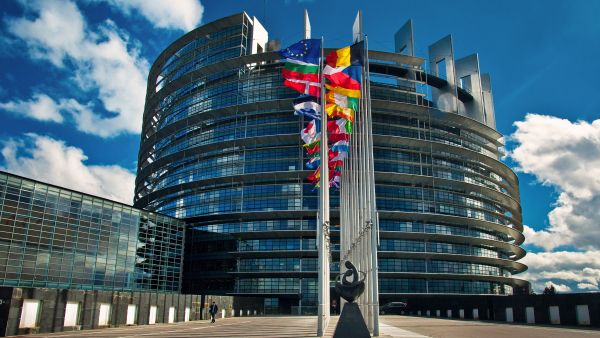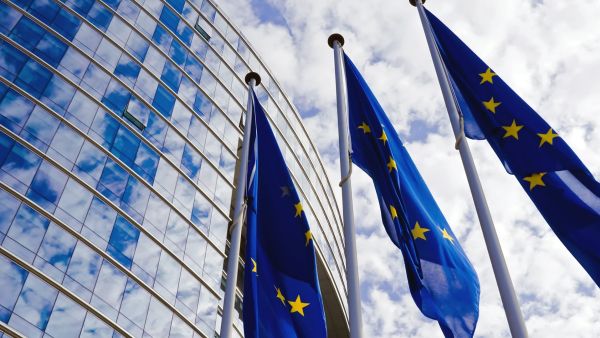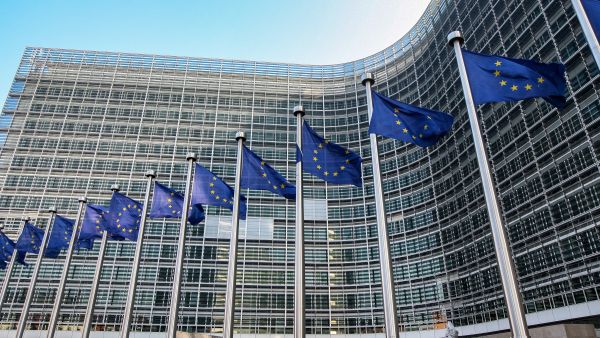Today, the economic committee in the European Parliament votes on targeted amendments to the EU’s securitisation framework adopted in 2017, which comprises the Securitisation Regulation and the Capital Requirements Regulation. The Commission’s proposals aim at enhancing banks’ lending capacity by making it easier to transfer credit risk to markets and to free their balance sheets from the burden of non-performing loans, which are expected to grow due to the economic fallout of the Covid-19 pandemic. The Socialists and Democrats managed to negotiate a compromise that ensures banks are in a position to lend to the real economy and finance the recovery, without going down the slippery slope of irresponsible financial deregulation. The S&D negotiators will defend this balanced position in the upcoming negotiations with the Commission and EU governments.
Paul Tang, S&D MEP and negotiator for the Securitisation Regulation said:
“We want to give banks the breathing space they need to play their part in kick-starting the economy, but not let them run wild and engage in the irresponsible behaviour which led to the 2008 financial crisis. By enlarging the framework for Simple, Transparent and Standardised securitisation products, we can achieve the right balance. The European Parliament promotes sustainability in securitisation products, and restricts the use of complex features that can be used to cheat the market. We want to ensure that banks maintain ‘a skin in the game’ and that counter-party risks between banks and investors are minimised. We trust EU governments to share these priorities and are confident an agreement will rapidly be found. SMEs and their employees are waiting for us to act.”
MEP Jonás Fernández, S&D spokesperson for economic and monetary affairs and S&D negotiator for the Capital Requirements Regulation, said:
“These targeted amendments will give the EU capital markets a much needed boost, allow the diversification of risks and thereby release much needed liquidity for SMEs and families. Today, we are in a very different situation than during the last economic crisis. In 2008, banks were the root cause of the problem, leading to financial collapse and dragging down entire economies. In 2020, banks can be part of the solution, but we must still put measures in place to safeguard overall financial stability. It makes sense to adjust the capital calibration of the securitisation of non-performing loans, which was disproportionate. The package we vote today will free money to the real economy without undermining banks’ resilience. S&Ds managed to include a capital floor in order to avoid arbitrage and ensure a sound prudential treatment.”
Note to the editor:
On 24 July 2020, the European Commission adopted the Capital Markets Recovery Package, as part of the Commission’s overall coronavirus recovery strategy. The package proposes targeted changes to capital market rules, with the aim of encouraging investments in the economy, allow for the rapid re-capitalisation of companies and increase banks’ capacity to finance the recovery.
Within the package, the Commission proposed a set of targeted amendments to the EU’s framework on securitisation - the Securitisation Regulation (which lays down a general framework for securitisation and creates a specific framework for Simple, Transparent and Standardised securitisation - STS) and the Capital Requirements Regulation (which assigns the capital treatment to different kinds of securitisation, including a preferential treatment to STS securitisation).









